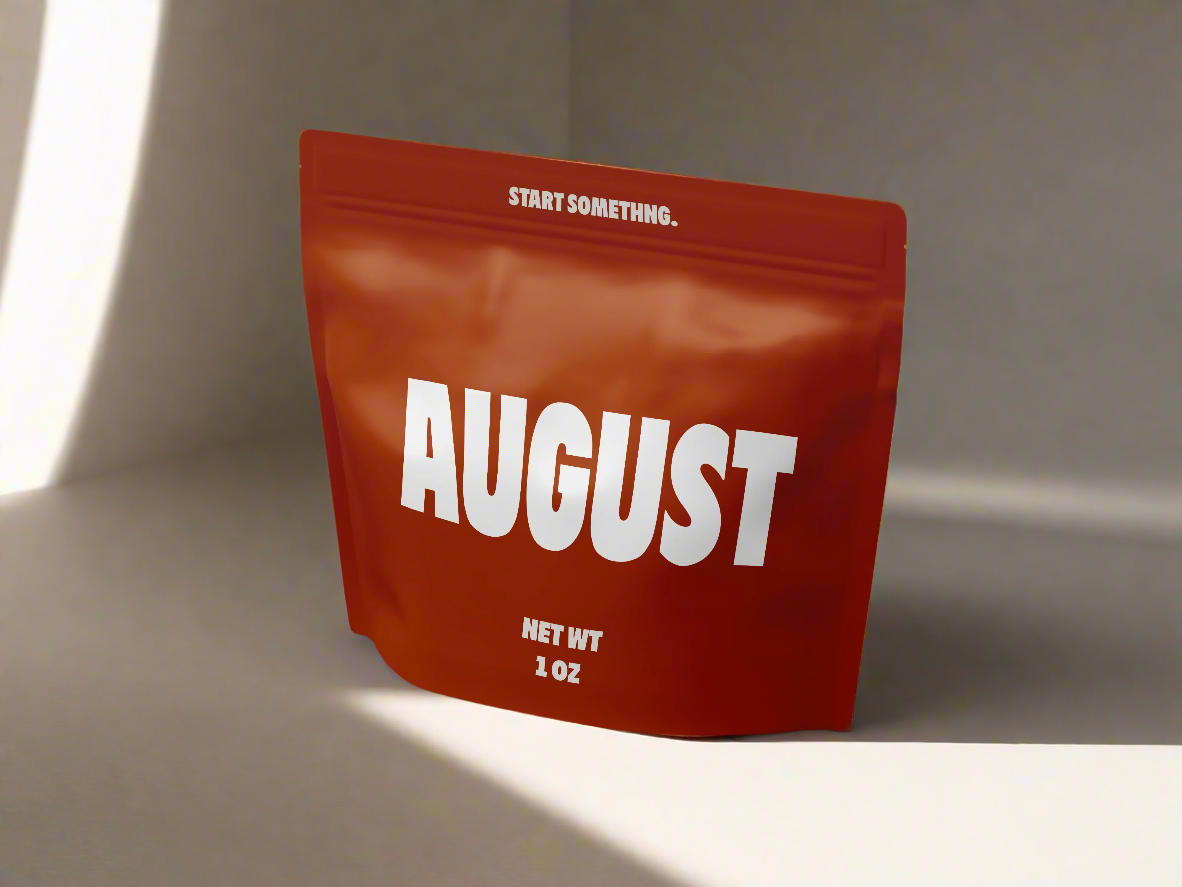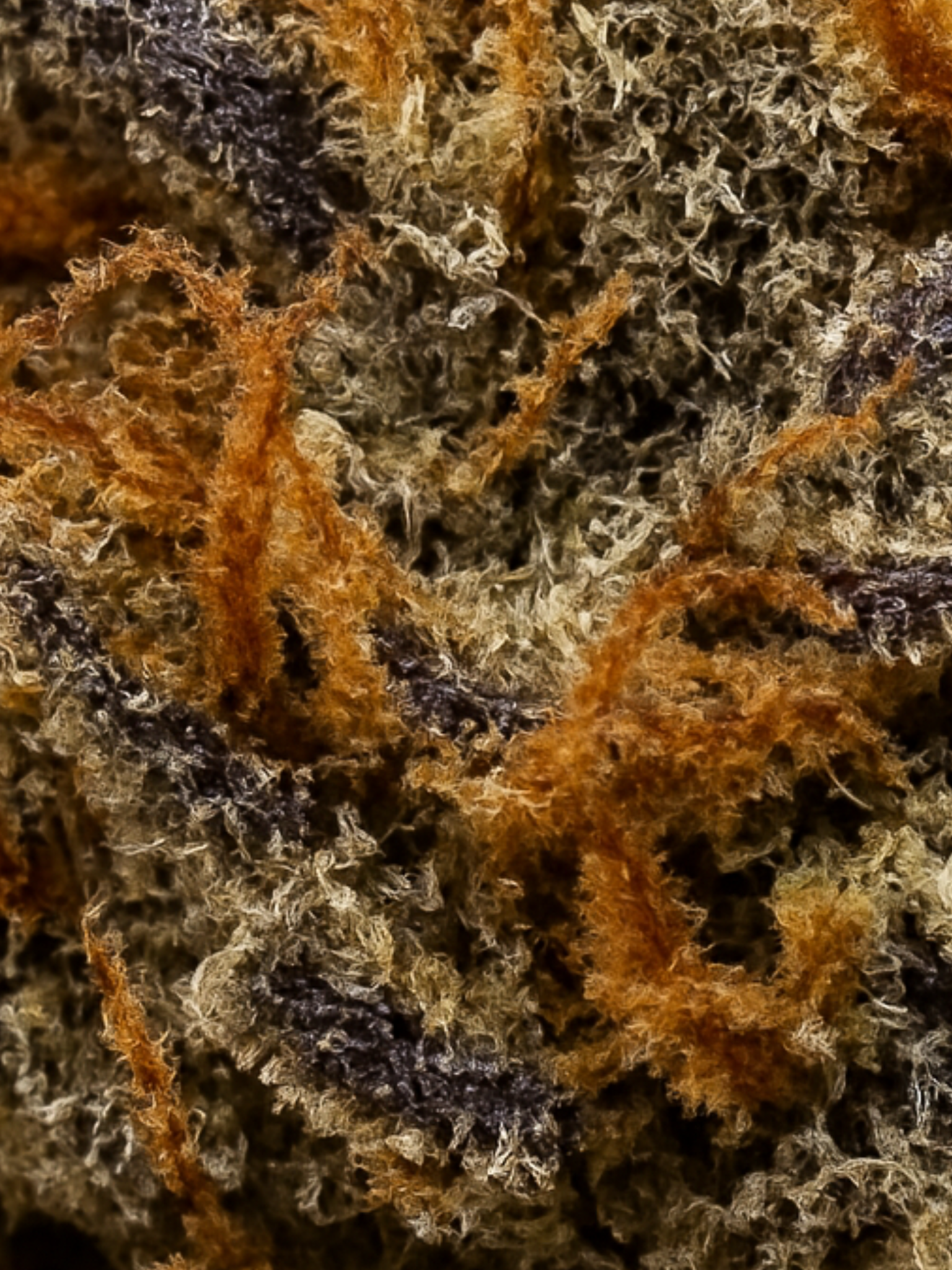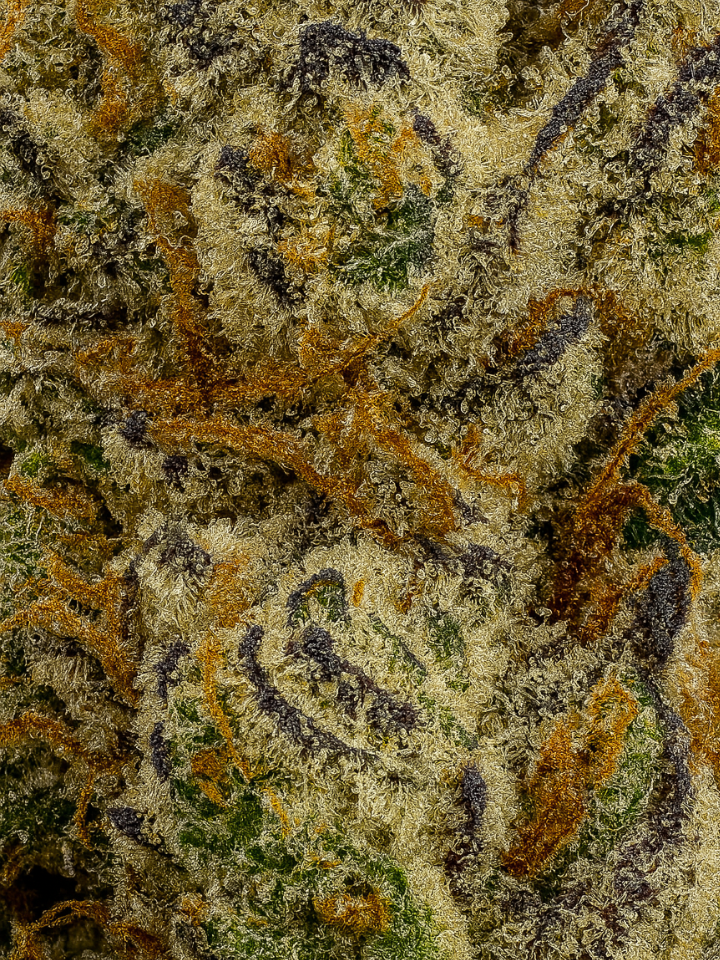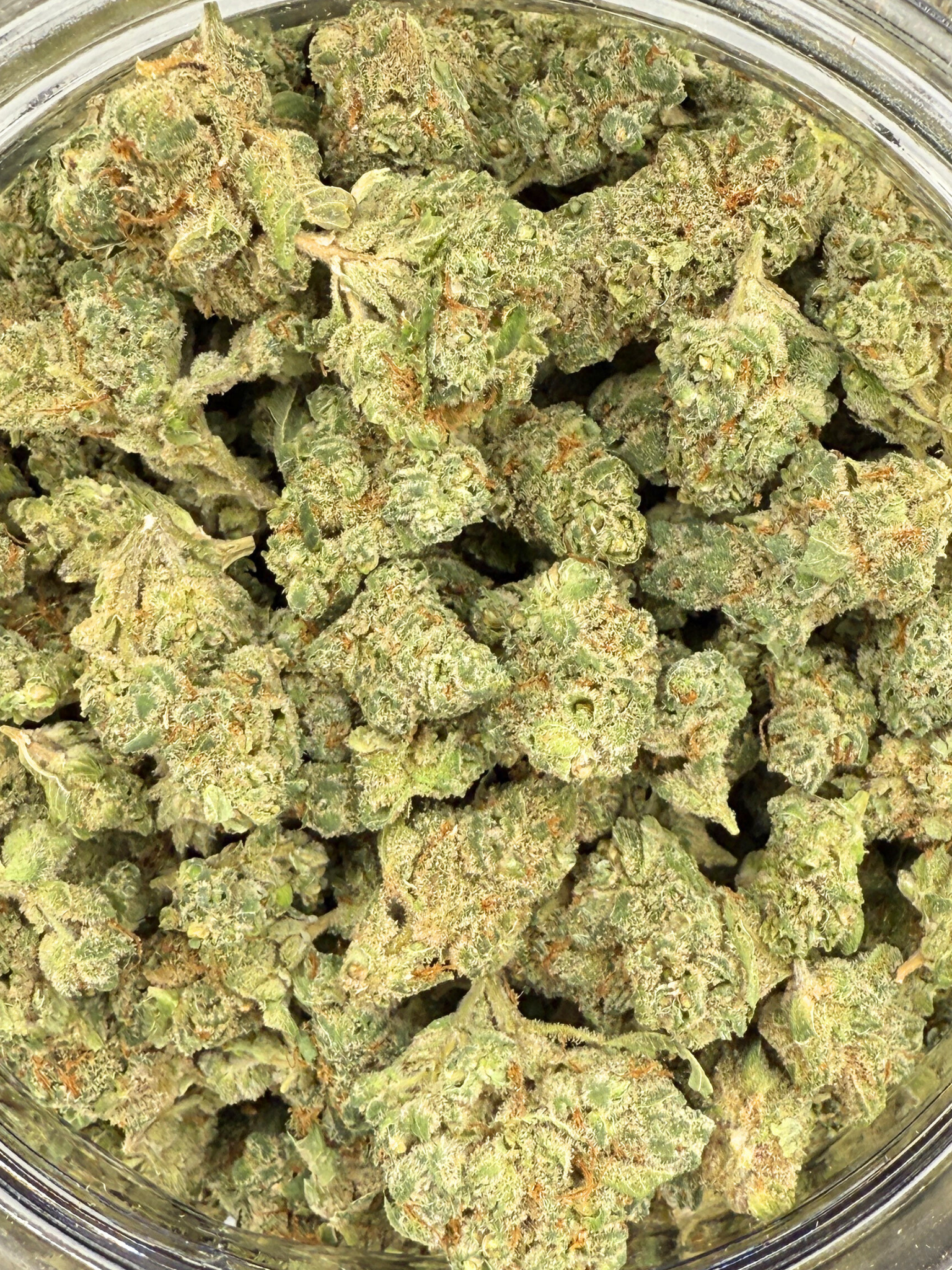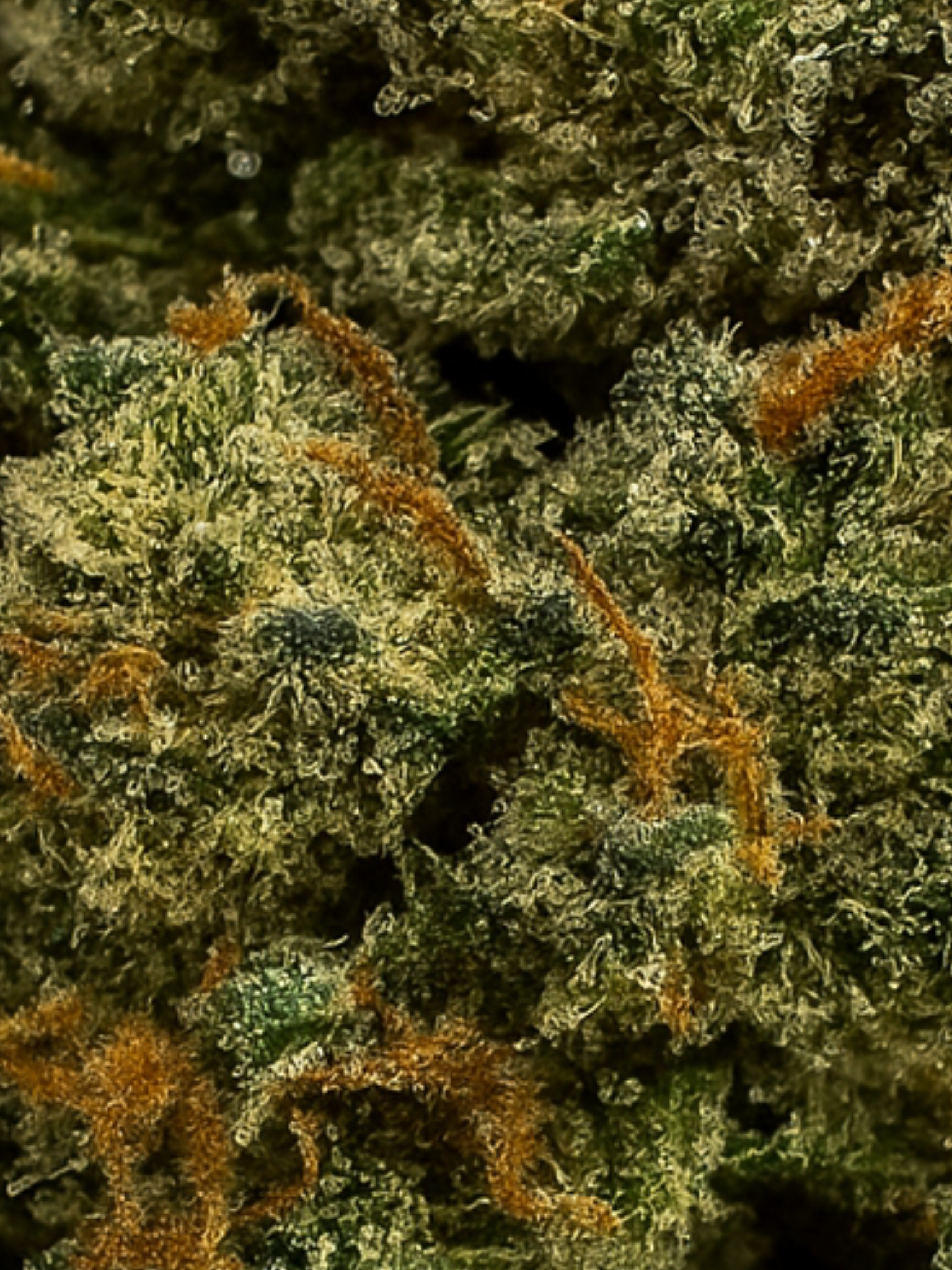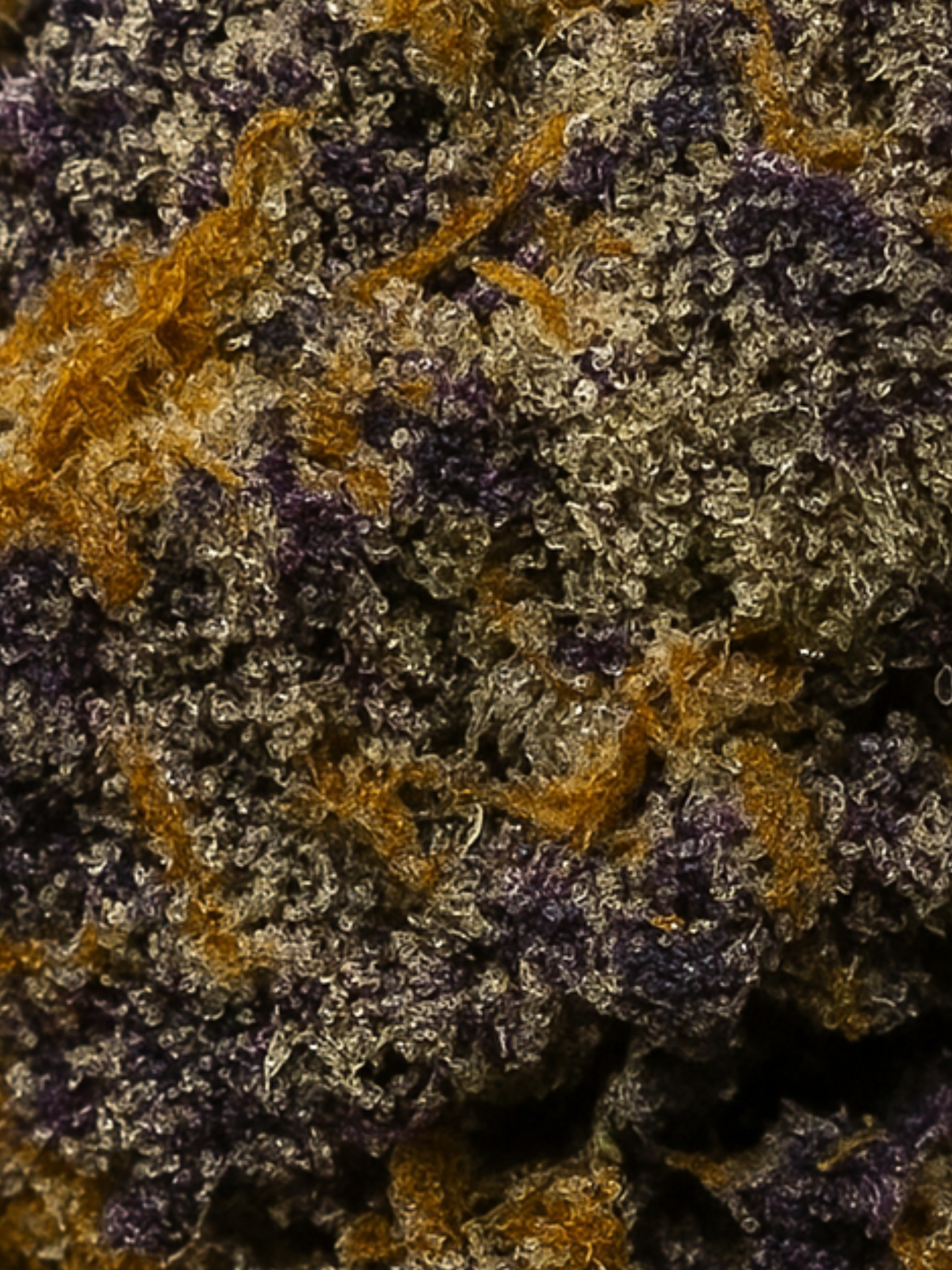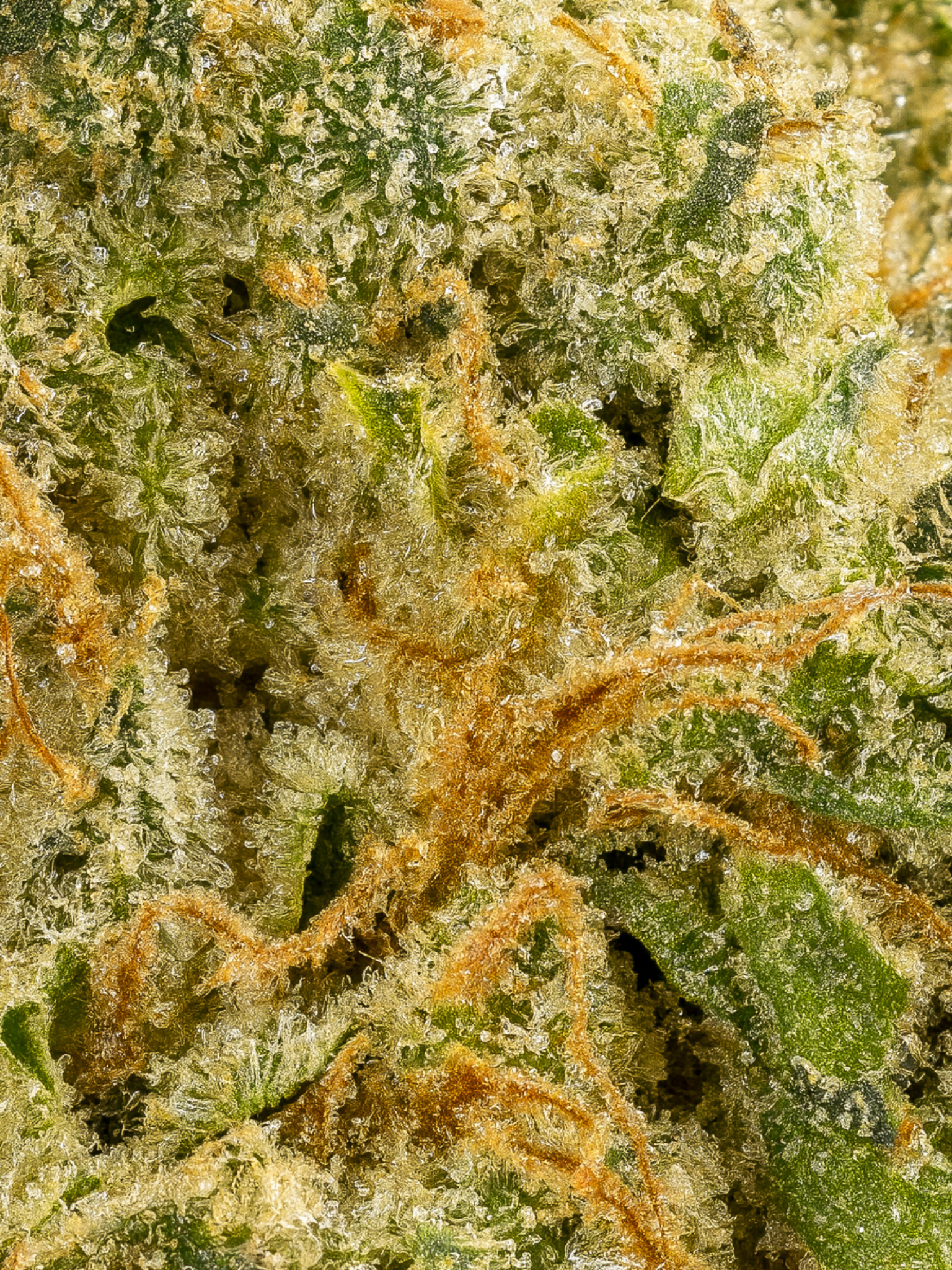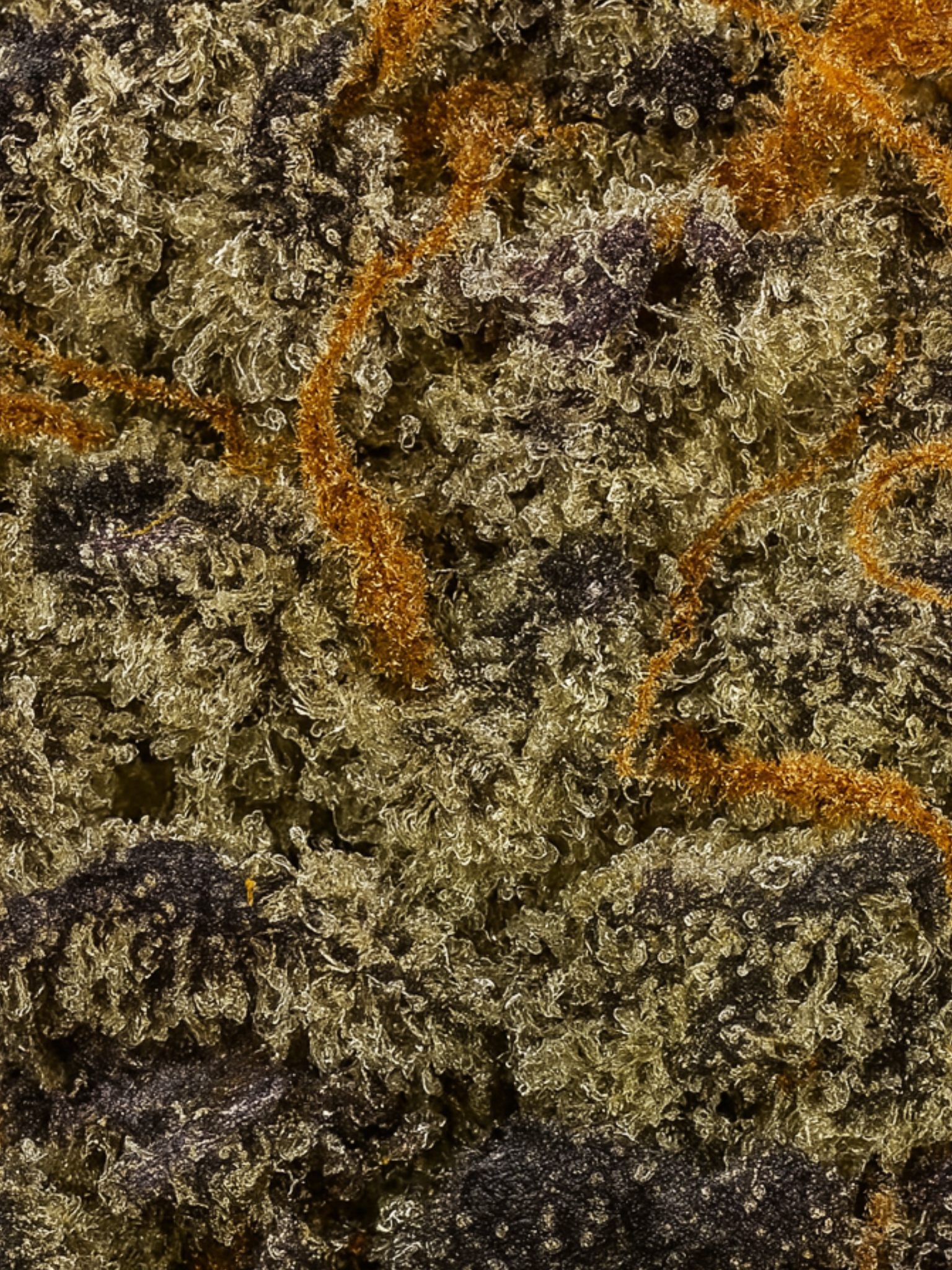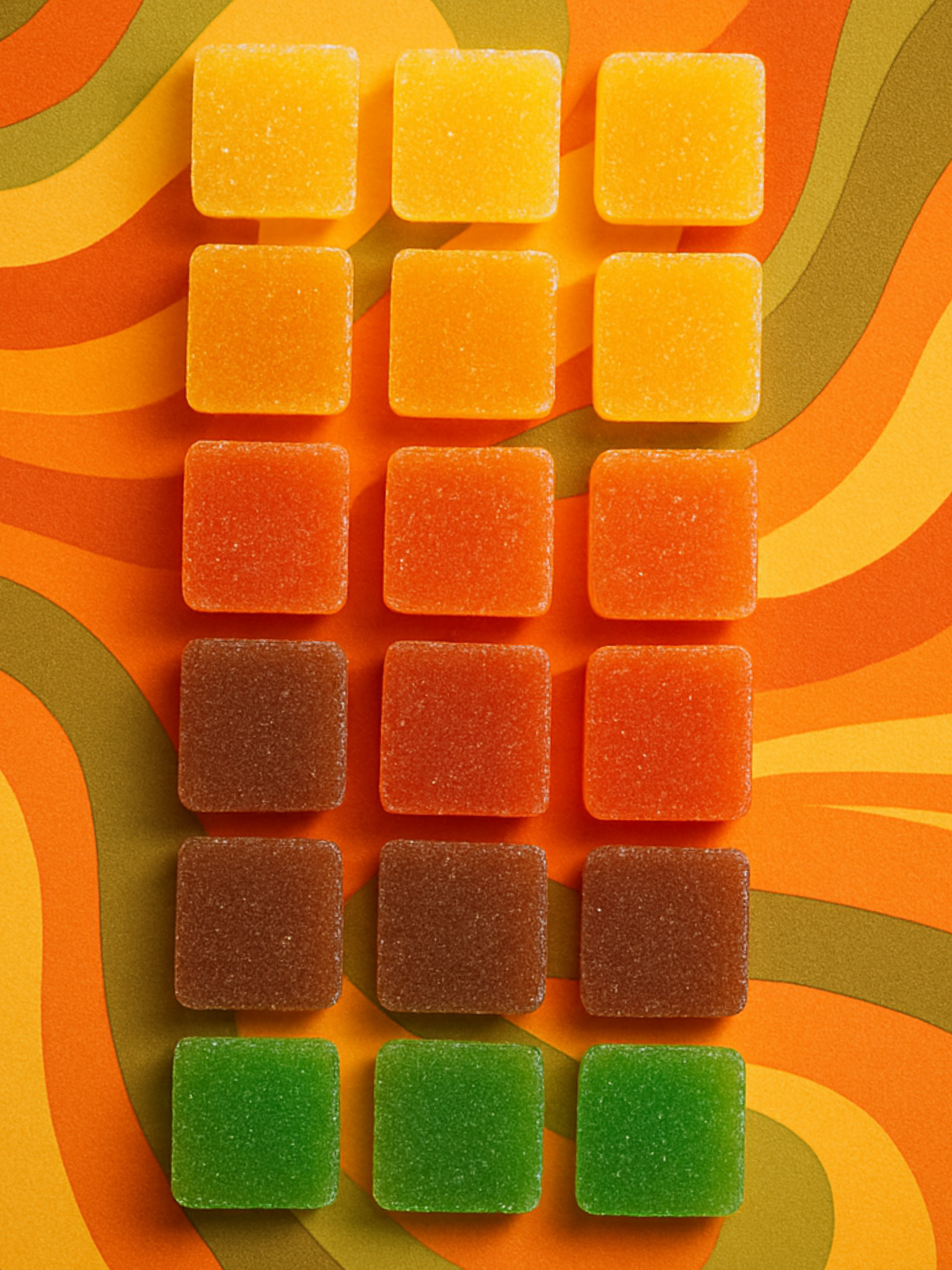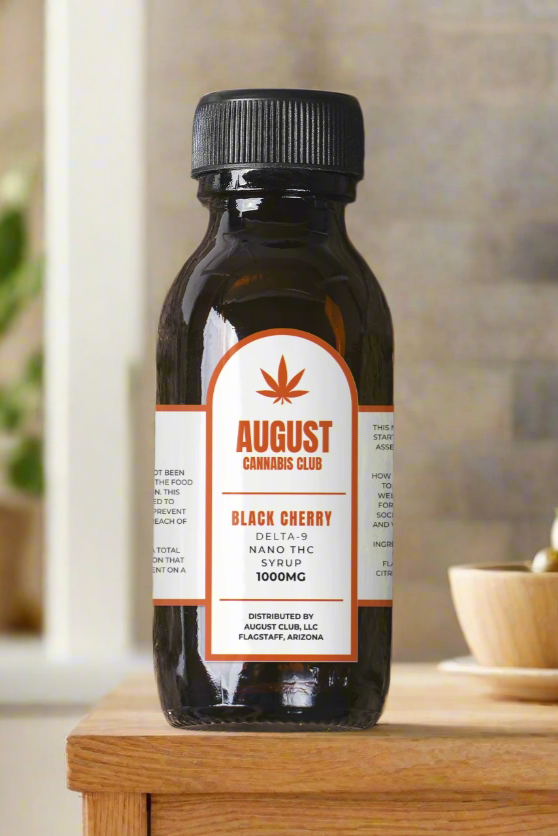Are you ready to grow your high-THC strains and THCA products? You’ve come to the right place!
In this article, we’ll walk you through the entire process, from picking the best genetics to creating ideal growing conditions and harvesting top-notch high-THCA buds you’ll be proud of.
Let’s dive in!
What Is High-THCA Cannabis
Ever wonder what makes some cannabis strains stand out? High-THCA cannabis is the secret.
These strains produce more THCA (tetrahydrocannabinolic acid) than regular ones.
THCA is the raw form of THC, the compound that causes the high.
So, what’s the big deal about high-THCA cannabis? Why are growers so excited?
First, it’s legal under the Farm Bill. Second, high-THCA hemp flowers are potent!
When heated, THCA turns into THC, delivering a powerful high.
With higher levels of THCA, these strains offer more potent effects, perfect for users looking for a stronger experience.
There are many ways to enjoy high-THCA flowers, from vaporizing and dabbing to gummies and smoking THCA pre-rolls, ensuring a potent and enjoyable cannabis experience.
Factors Influencing High THCA Cannabis Level
Curious about what affects the THCA levels in hemp flowers? It’s all about the perfect blend of genetics, environmental conditions, and cultivation techniques.
Here’s a breakdown of the critical factors:
Genetics
Choosing the right seeds or clones is crucial. Not every strain can produce high THCA, so opt for those known for their high THCA potential.
Light Exposure
Cannabis plants need plenty of light to synthesize cannabinoids, including THCA. Adjusting the light intensity, spectrum, and duration can significantly boost THCA production.
Temperature and Humidity
Creating an ideal growth environment is essential. The right balance of temperature and humidity maximizes THCA production. Extremes in temperature can stress your plants, altering their cannabinoid profile.
Nutrient Management
Providing the proper nutrients at each growth stage is critical. A deficit or excess of crucial nutrients like nitrogen, phosphorus, and potassium can hamper THCA synthesis.
Stress Techniques
It may seem counterintuitive, but some stress techniques, such as low-stress training (LST) and super cropping, can enhance resin production, which is rich in THCA.
Harvest Timing
Timing your harvest is vital. The trichomes on your buds should be fully matured, which is when your plants have the highest THCA levels.
By focusing on these factors, you can optimize your cannabis plants for higher THCA levels.
Selecting The Right Genetics For High-THCA
With so many strains available, how do you choose the right one? Here’s where research becomes essential. Look for strains bred explicitly for their THCA potential. Reputable dispensaries and seed banks can provide valuable insights into which strains are known for producing high THCA.
Top High-THCA Strains To Consider
Some well-known high-THCA strains include:
-
Gelato Cake
-
Runtz
-
Quattro Kush
-
Apple Fritter
-
White Rainbow
Factors Beyond THCA Content
While THCA content is crucial, you should also consider:
-
Flowering Time
How long it takes for the plant to mature.
-
Pest and Disease Resistance
Strains less susceptible to pests and diseases are more reliable.
-
Yield Potential
A high-THCA strain with low yields may not be efficient.
Cultivation Techniques For High-THCA Flower
Now that you know how to choose the perfect high-THCA cannabis strain, it’s time to get hands-on with the growing process. Follow these cultivation techniques, and you’ll be on your way to harvesting high-THCA flower!
Preparation Of The Grow Room
Before planting your first seed, ensure your grow space is set up for success. Here’s what you need:
Ventilation
-
Ensure good airflow to keep your High THCa plants healthy.
Soil
-
Use a soil mix that supports nutrient uptake and water retention. Organic super soil with natural additives is a great choice.
Lighting
-
High-THCA cannabis plants need strong light.
-
Indoors: Use LED lights that mimic sunlight and can be adjusted as the plants grow.
-
Outdoors: Choose a sunny location.
-
Temperature and Humidity
-
Vegetative Stage:
-
Temperature: 70-85°F (21-29°C)
-
Humidity: 40-60%
-
-
Flowering Stage:
-
Reduce humidity to 40-50%
-
Vegetative Stage
The vegetative stage is all about setting a strong foundation for your plants. Here’s how to help your top-shelf cannabis plants thrive:
-
Light Exposure: Provide 18 to 24 hours of light per day.
-
Nutrition: Use nitrogen fertilizers to boost growth.
-
Pruning and Training: Apply low-stress training (LST) techniques like bending, tying, or topping to create an even canopy. This maximizes light exposure and promotes healthy growth.
-
THCA Production: These methods can also increase resin production, potentially raising THCA levels.
Flowering Stage
When your plants start flowering, adjust the growing conditions to boost THCA:
-
Light Cycle: Switch to 12 hours of light and 12 hours of dark.
-
Nutrients: Use fertilizers rich in phosphorus and potassium to support growth and high THCA synthesis.
-
Stress Techniques: Try super cropping or high-stress training (HST) to stimulate resin production and potentially increase THCA levels.
Integrated Pest Management (IPM)
IPM is crucial for growing high-THCA cannabis. It helps prevent pests and diseases through:
-
Cleanliness: Keep your grow area clean.
-
Beneficial Insects: Use insects that naturally control pests.
-
Organic Controls: Choose organic pest control methods when needed.
Regularly inspect your plants to catch problems early. This keeps your plants healthy and ensures a great harvest of potent THCA-rich buds.
Harvesting and Processing High-THCA Buds
Follow these steps to ensure you get it right:
The Right Time To Harvest
Timing is crucial when harvesting high-THCA cannabis buds.
Watch the trichomes closely—they’re the resin glands where THCA develops. Harvest when they turn milky white in color.
Typically, this occurs 6-8 weeks into the flowering stage, though it can vary based on strain and environmental factors.
Drying, Curing and Storage
After carefully harvesting your high-THCA flower, handling the drying, curing, and storage processes is crucial.
Drying:
-
Dry your cannabis for about 7-10 days at low temperatures (around 70°F) in a dark room with good air circulation. This preserves fragile trichomes and prevents mold.
Curing:
-
The curing process is where the magic happens. Place your dried buds in sealed jars and burp them daily to release any remaining moisture. This helps flavors and aromas develop evenly.
Storage:
-
Store your cured THCA buds in tightly sealed, dark containers in a cool, dry place to maintain freshness for as long as possible.
Conclusion: Cultivating High-THCA Strains
Phew! That was a lot of information, so let’s sum it up.
Cultivating high-THCA strains involves:
-
Selecting the right strains (such as THCa-rich sativa or indicas).
-
Creating the best environment.
-
Using effective techniques.
Adjust temperature, humidity, and nutrients to meet your plants’ needs as they grow. Techniques like low-stress training (LST) or pruning can also boost THCA production.
When it’s time to harvest, proper drying and curing ensure your buds maintain their quality in taste and potency. And always remember, while THCa is federally legal, legality varies from one state to another, so always follow local state laws to make sure your cannabis experience is both enjoyable and legal. Happy growing, my friends!
FAQ:
What Is THCA Flower?
THCA flower is a raw cannabis bud that contains tetrahydrocannabinolic acid (THCA), which is the acidic form of THC.
What Is a high-THCA Cannabis Strain?
A high-THCA cannabis strain is a cultivar that has been specifically bred to produce elevated levels of the cannabinoid THCA.
How Do You Convert THCA Into THC?
THCa is the raw form of THC.
To convert raw THCA into THC, apply heat to the cannabis flower or THCA concentrate through methods like smoking, vaping, or cooking.
The heat activates the psychoactive properties and transforms them into THC.
What’s a Good THCA Percentage?
Generally, anything above 20% is considered high in THCA percentages.
How Does High THCA Convert To THC?
THCA converts to THC through a process called decarboxylation, which occurs when the compound is exposed to heat. This process happens during smoking or cooking with cannabis.
THC is the unheated form of THCa.
Will THCA Get Me Stoned?
Yes, THCA will get you stoned. When you smoke or cook with THCA, the heat converts it to delta-9 THC, which has psychoactive effects and will indeed get you high. This high can bring therapeutic benefits and wellness, such as relaxation and giggles!
Will THCA Show Up On a Drug Test?
Yes, THCA and cannabis products will show up on a drug test. When you indulge in THCA through smoking or cooking edibles, it converts to THC, which can show up in a drug test.


